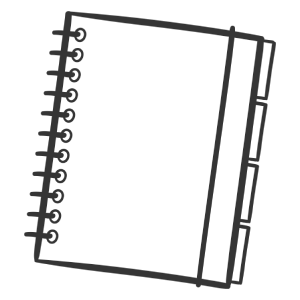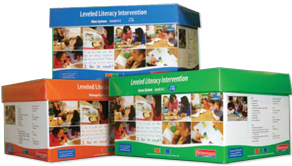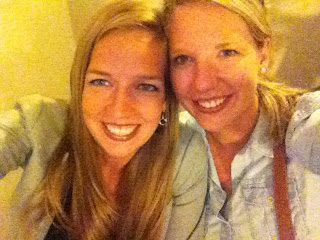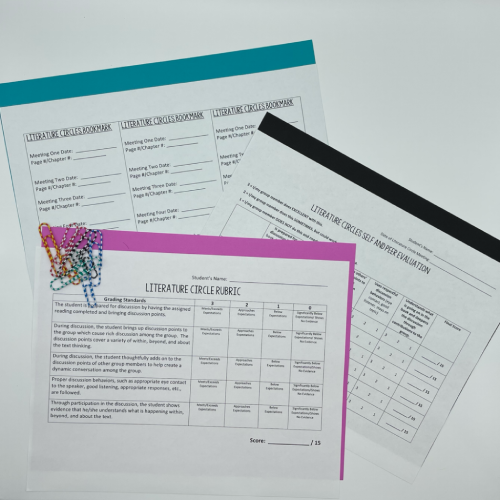This past week I had the opportunity to attend a conference for LLI (Leveled Literacy Intervention), which is a system developed by Fountas and Pinnell, sold through Heinemann, intended to bring students reading below grade level back to grade level through a reading intervention that takes place in addition to what children are already receiving during their literacy block. Irene Fountas and Gay Su Pinnell presented all of the information about this amazing tool that they have created. It was three days filled with soaking in new learning about the students who struggle with reading and what can be done to catch those students back up to grade level. As always, I am blown away whenever I get the opportunity to hear these two literacy gurus speak about their passion and what they’ve spent so much of their lives researching. I decided to make a list of my top “quotable moments” (along with some of my opinions in { } to go with them) from my time at the conference in Minneapolis. Here they are:
-“You can never predict what a learner will do until you try.” {Too often we say that certain students are incapable of “learning” because of disabilities and family situations. All students deserve the right to have the best teaching possible.}
-“Fastest progress is made early and progress slows down as students get older. This is because reading processes have been engrained for years and are harder to undo.” {Interventions in elementary school are more effective and take less time. When students get to middle school, there is so much that is already learned behavior, so it makes sense that the intervention will take longer.}
-“Kids need to engage in authentic literacy not “cutesy” things and gimmicks.” {This is why I love F&P. They are not about cuteness, they are about LEARNING and student growth. I try to do this within my classroom, on my blog, and in my TpT store. For me, it’s not about flashy/catchy things, it’s about how to improve student learning. Period.}
-“Teachers should use language and provide scaffolds and support to allow the child to do the learning for themselves. Language should turn the learning over to the students. Also, teachers should not ask students to do something you don’t know if they can do.” Language prompts such as, “What can you do to help yourself?” and “What can you try?” are ways to get students to do this. {I’ve thought a lot over the last couple days about the idea of using language to get students to take control of their learning. It is a definite goal to be aware of how to use this type of language with students consistently this year.}
-“Lowest achieving students need the greatest teacher expertise.” {So often it seems we give lowest achieving students the opposite in education. Lower achieving students are often with volunteers and paraprofessionals when in reality they need teachers that are skilled in how to catch them up to their grade-level peers.}
-“It is essential that we create teamwork. Student success should be attributed to teachers working together.” {If a student works with a variety of teachers throughout the day, the student should not have to adjust to what each teacher does. Effective teaching needs to be a collaboration of teachers who are concerned with student results and willing to use the elements of teamwork to make that happen above everything else.}
-“If we have students pulled to receive an intervention from literacy instruction at the universal level, we are just substituting one thing for another.” {“Pulling” students to receive an intervention during the time that they are taking the class that they need an intervention for makes NO sense, yet that’s what happens all the time in schools. How can we, as a team of educators, work together to provide intervention in addition to what the student is already receiving? For struggling readers, providing an intervention in place of language arts class is not going to catch the student up to the point they need. They need MORE.}
-“You can know the direction of your work, but you can’t know exactly what you’re going to do.” {Teaching is a skill-it is not a scope and sequence of following exactly what a book or kit says to do. It’s about knowing your students and skillfully planning for what they need to know next.}
-“Teaching is not telling but demonstrating.” {Modeling to students what you expect them to do, thinking aloud with thought processes that you engaged in while demonstrating is SO much more effective than telling students what you want them to do. Often, while preparing to demonstrate to students, you as the teacher realize a lot more about what you’re asking students to do.}
-“After you are done with a small group of readers ask yourself, ‘What have I taught these readers to do today that they will be able to try in their reading tomorrow?'”
-“Instead of teaching the book, the teacher should be teaching students how to read.” {Learning should be generative-reading a book shouldn’t be about memorizing every detail and knowing every single vocabulary word. I doubt there is anyone out there who feels pleasure in reading a book for that reason. As teachers, we must teach children how books and genres work and what successful readers do so that they are able to apply what they learn to books that they read in the future.}
-“We have to look at assessment to get information about the learner and to get information about our instruction. Often times we forget the second part.” {It’s easy as teachers to objectively look at the learner and what he/she is able to do based on data and assessment. It’s much harder to ask ourselves how our instruction is impacting that learner’s understanding of reading and writing. However, it’s one of the most important questions we must ask ourselves in order to make the learning experience better for students. I would argue that the most important quality that a teacher should have is the ability to be reflective. Just because you would change the way you did something in the past doesn’t mean you did it “wrong” or that you’re a “bad teacher”- it means that you are reflective enough to always want to learn and improve what you’re doing.}
-“Reading is not memory; reading is understanding.”
“It’s not the water they drink or the socio-economic group they’re in, student learning is about instruction.”
-“Oral reading is our window to see how the reader is processing meaning.”
-“The goal of word study is for kids to become noticers about how words work.”
As always, it was an amazing professional opportunity get to hear Fountas and Pinnell speak about literacy. I’m going to include the link to the information surrounding the research of LLI below.
Another added bonus of attending the LLI Conference in Minneapolis? I got to have dinner and hang out out with my college roommate from UMD. We had a blast!







